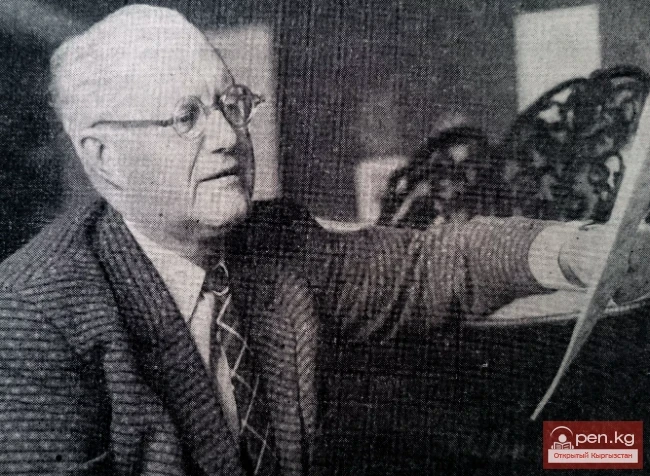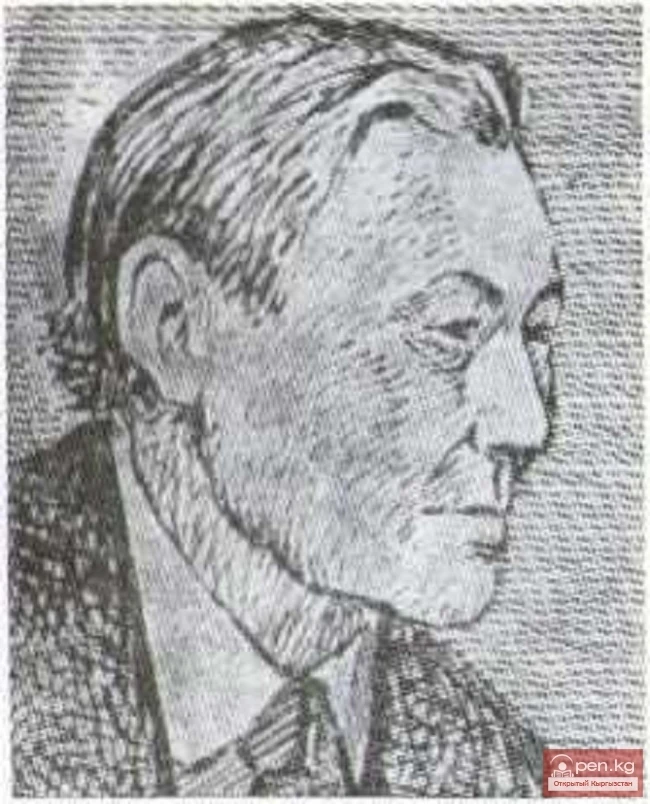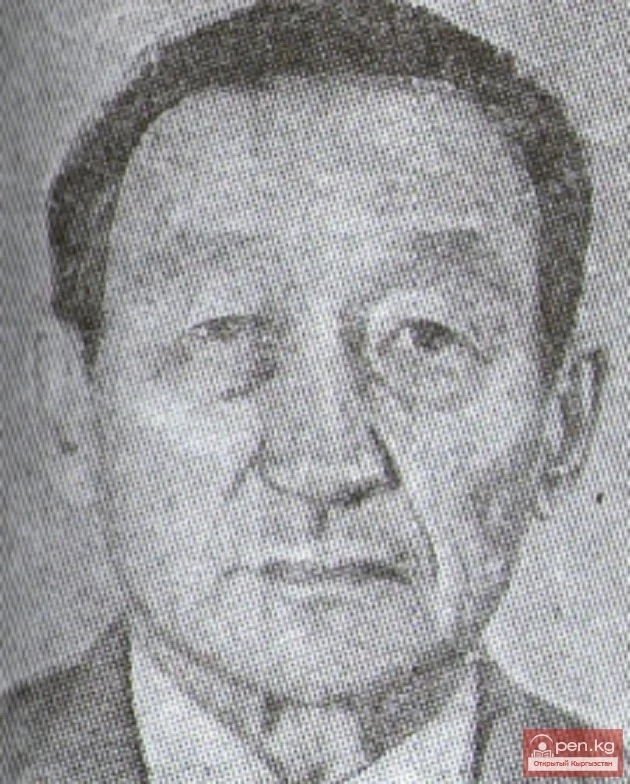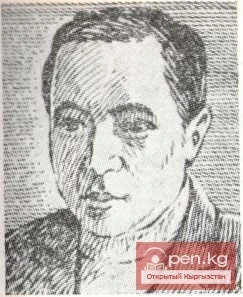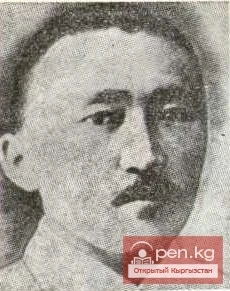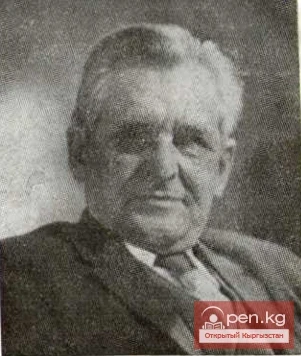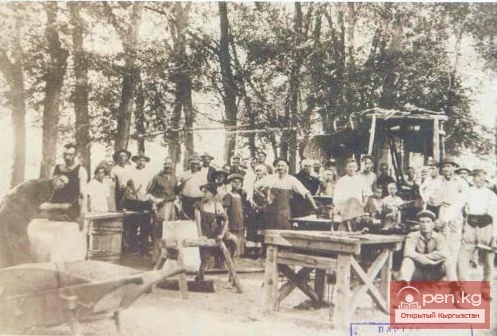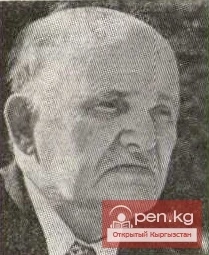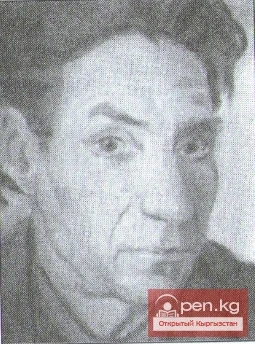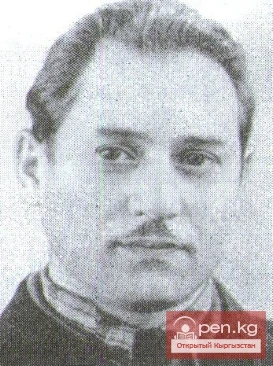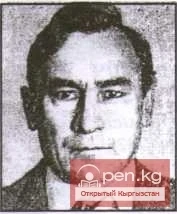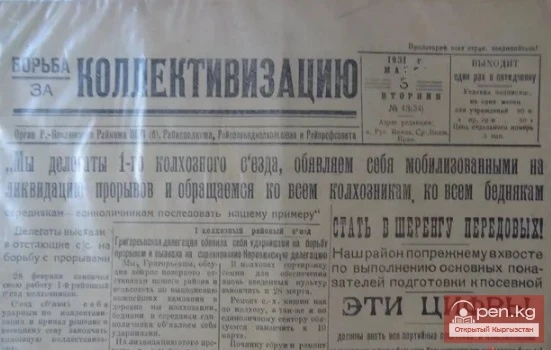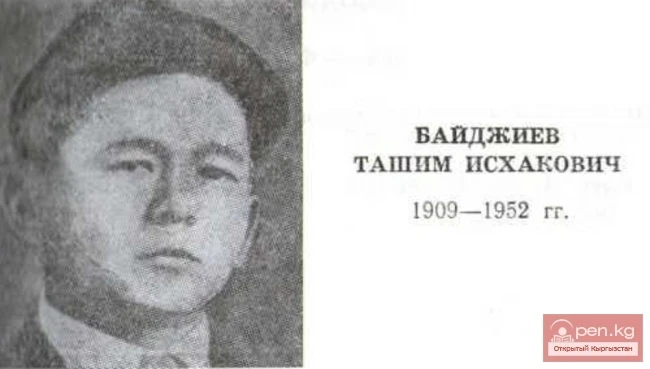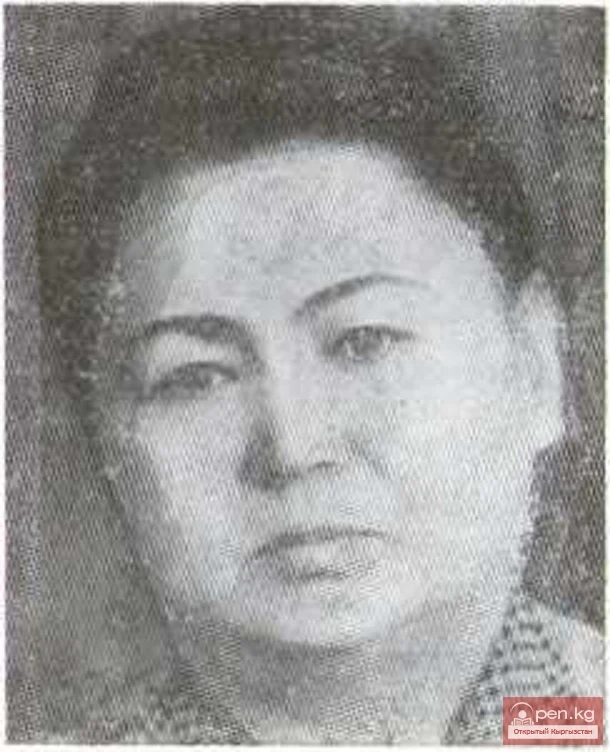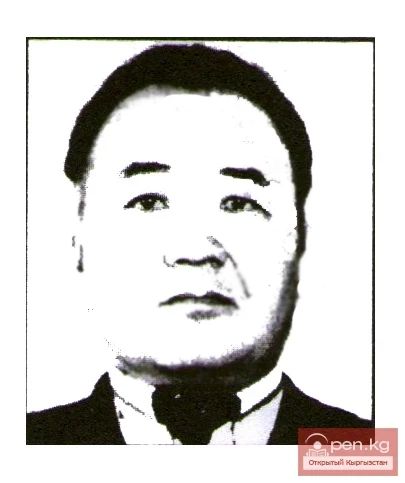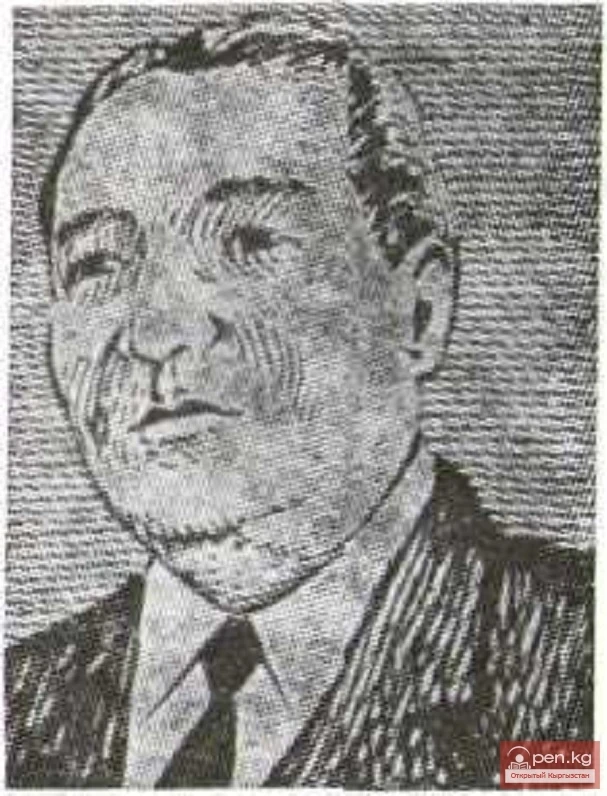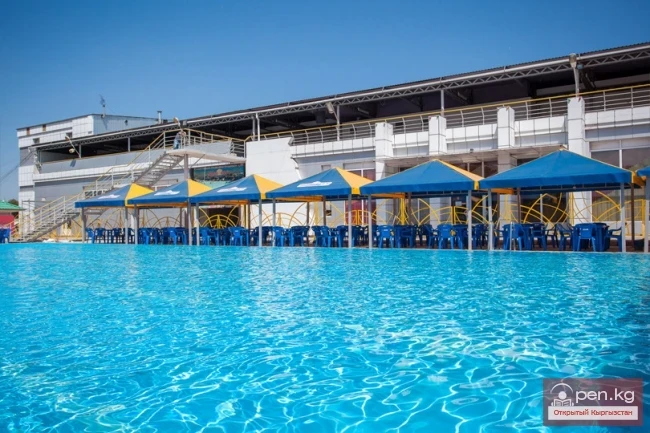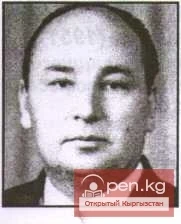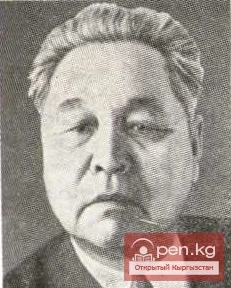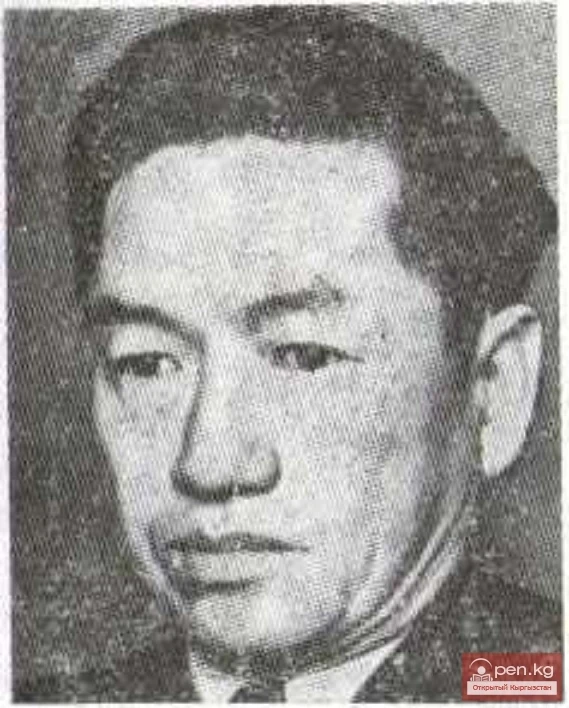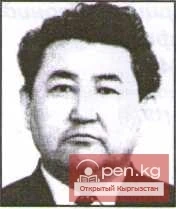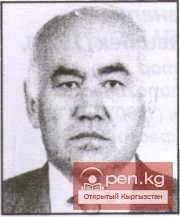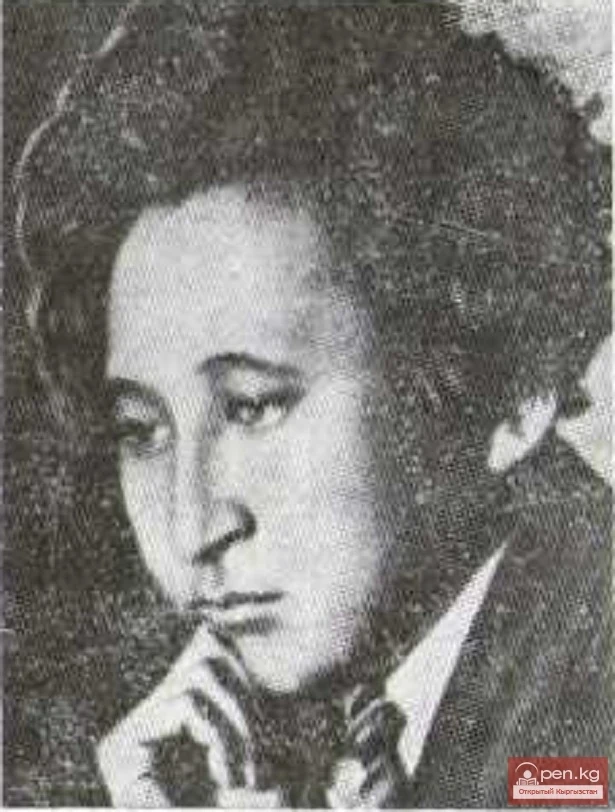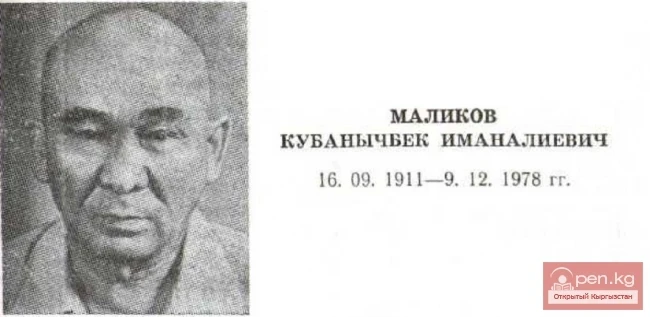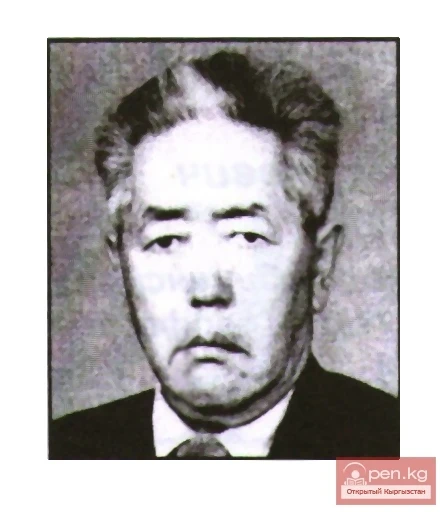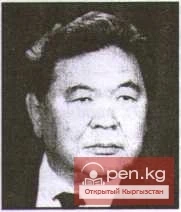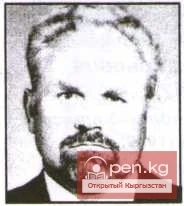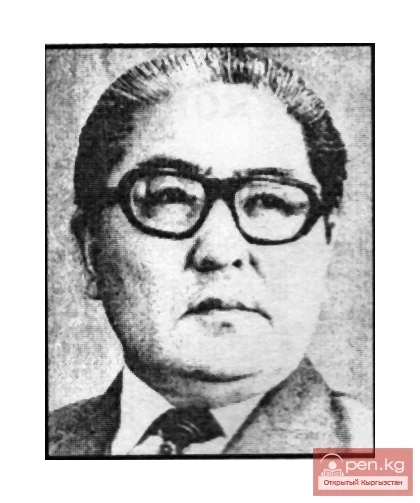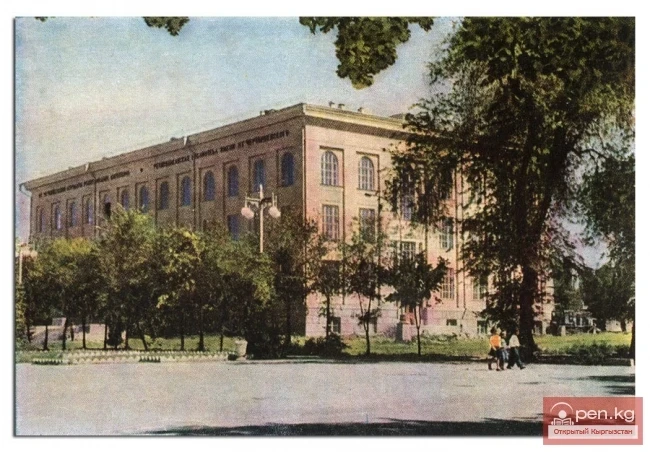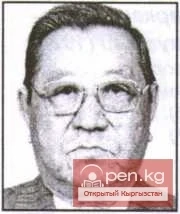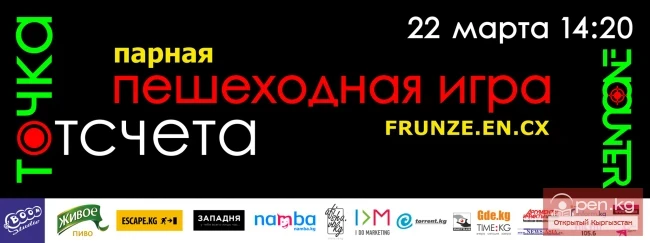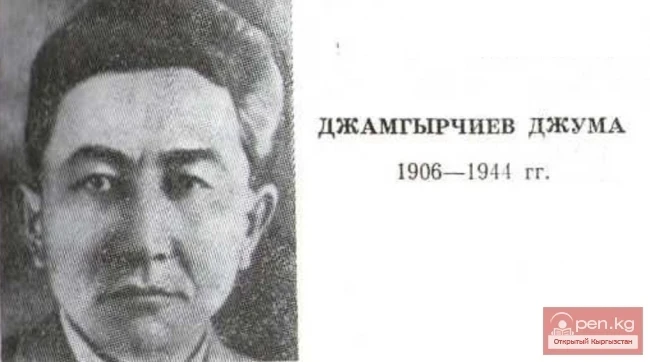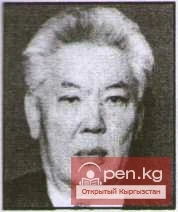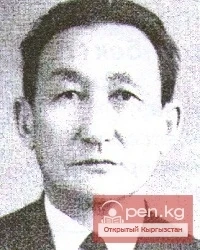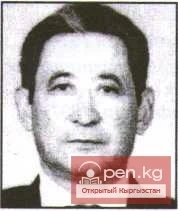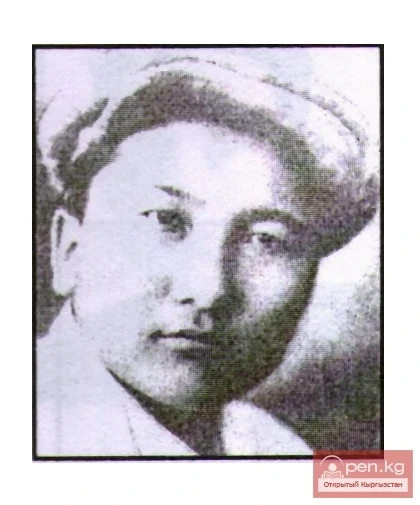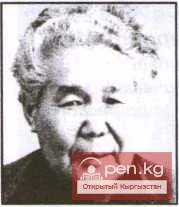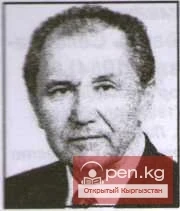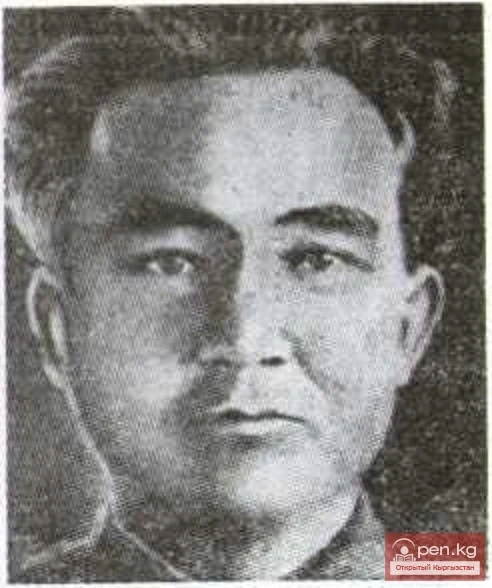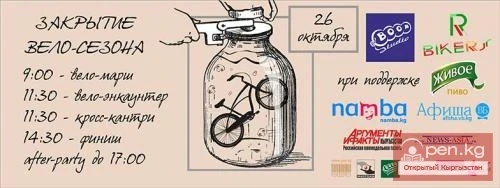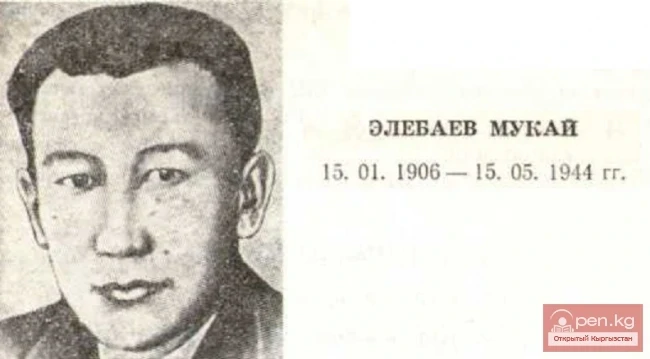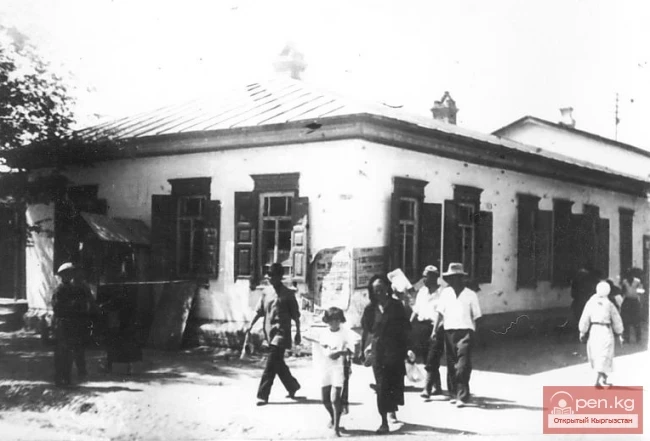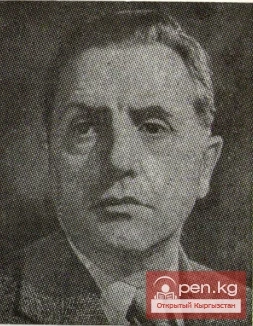
Novikov Boris Vasilyevich
Film director. Born on July 24, 1908, in the city of St. Petersburg (Leningrad) in a family of a musical craftsman, he died in 1976 in the city of Frunze. After finishing seven grades of school and vocational training at the factory named after A. Bebel, he worked there from 1925 to 1930 as a master in the export workshop. From 1930 to 1931, he served in the ranks of the Red Army. From 1931 to 1934, he was the head of the repair workshop of the artel "Tribuna" and simultaneously a student of the evening department of the directing faculty of the Leningrad Cinema and Phototechnical School.
B. Novikov began his work in cinema in 1934 as an assistant and later as an assistant director at the film studio "Tajikfilm." In 1936, he moved to "Lenfilm" in the same capacity as an assistant and assistant director for feature films. In 1941, he was evacuated with the studio to Alma-Ata. In August 1942, he was drafted into the Red Army and sent to the Kharkov Artillery School. From May 1943 to February 1944, he fought, commanding an artillery platoon on the Western and 2nd Ukrainian fronts. Due to a severe injury, he was evacuated to Stalinhabad (Dushanbe), and then demobilized from the army and sent in 1945 to the "Lenfilm" studio as an assistant director.
In 1946-1947, he served as the authorized representative of "Sovexportfilm" for the distribution and promotion of Soviet films in Canada. From 1947 to 1949, he again worked as an assistant director, first at "Lenfilm," then at "Belarusfilm," where he participated in the work on the film "Konstantin Zaslonov" (1949) by V. Korsh-Sablin and A. Faintzimer. From September 1949 to October 1951, B. Novikov became a director at the "Soyuzmultfilm" studio in Moscow, specializing in the dubbing of feature films into the languages of the peoples of the USSR.
From October 1951, he was transferred by the Main Administration for the Production of Feature Films of the Ministry of Cinematography of the USSR to the Frunze studio of chronicle-documentary films as a director for dubbing feature films into the Kyrgyz language. All of B. Novikov's subsequent creative activity is closely linked to the development and improvement of the "Kyrgyzfilm" studio. Over 17 years (1951-1968), he dubbed more than 80 feature films into Kyrgyz, including such films as "Taras Shevchenko," "The Forty-First," "Spring on the Zarichnaya Street," "Pavel Korchagin," "Height," "Don Quixote," "Quiet Don" (Parts 1 and 2), "Ivan's Childhood," "People and Beasts" (Part 2), "Lenin in October," "Ordinary Fascism," "Nobody Wanted to Die," "White Storks," "Bitter Grains," "Your Contemporary," "If Your Home is Dear to You," "The Sixth of July."
In 1959, B. Novikov worked as a second director on V. Nemolyaev's film "Toktogul," and in 1964, in the same capacity, on A. Bergunker’s film "Dzhura."
At the same time, he worked for many years on creating issues of the newsreel "Soviet Kyrgyzstan," as well as scientific-popular (about 10) and documentary (2) films. Among them, the most notable are "This Could Not Have Happened" (1960), "Melodies of the Komuz" (1960), "The Family of Shepherds" (1965).
Awards — badge "For Excellent Work" (1958). Certificate of the Ministry of Culture of the Kyrgyz SSR (1958). Honorary diploma of the Supreme Soviet of the Kyrgyz SSR (1959).
Member of the USSR Union of Cinematographers since 1959.


